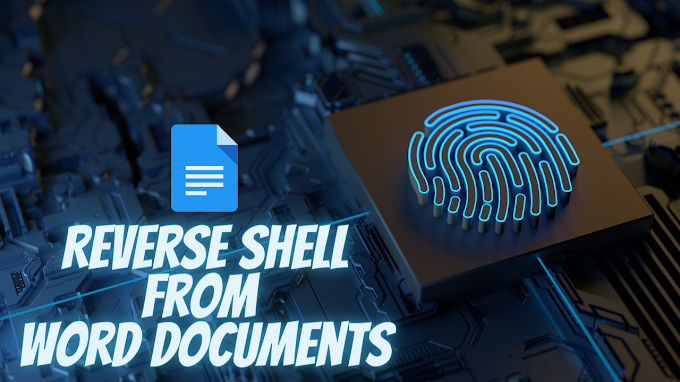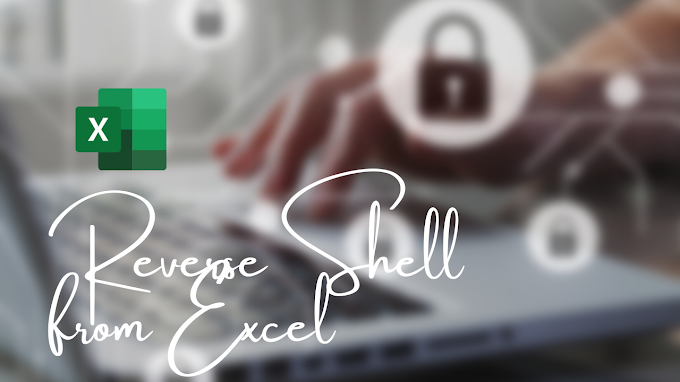Antivirus software is crucial for protecting computer systems from viruses, malware, and other malicious software. Although most people associate antivirus software with Windows, it is equally important for Linux operating systems. Linux is generally considered to be more secure than Windows due to its open-source nature, but it is not invulnerable to malware and other security threats. In this blog post, we will discuss the importance of antivirus software on Linux systems, the different types of antivirus software available, and best practices for using antivirus software on Linux.
Why antivirus software is needed on Linux:
- Common misconceptions about Linux security:
There is a common misconception that Linux is inherently secure and does not require antivirus software. While it is true that Linux is more secure than Windows due to its open-source nature, it is not immune to malware and other security threats. Linux is also used by servers, which are frequently targeted by cybercriminals due to their potential for large-scale data theft.
- The reality of Linux malware and vulnerabilities:
Linux malware exists and can cause significant damage to systems and data. For example, the Mirai botnet targeted Linux-based Internet of Things (IoT) devices and caused widespread disruption to internet services. The Shellshock vulnerability affected the Bash shell in Linux and allowed attackers to execute arbitrary code remotely.
- Examples of Linux malware incidents in the past:
In addition to the Mirai botnet and Shellshock vulnerability, there have been other notable incidents of Linux malware in the past. The Linux.Wifatch malware-infected routers and other IoT devices and was designed to remove other malware and patch vulnerabilities. The Linux.Encoder ransomware targeted web servers running Linux and encrypted their files until a ransom was paid.
How antivirus software can protect Linux systems:
- Different types of antivirus software available for Linux:
Several antivirus software options are available for Linux systems. Some of the most popular options include ClamAV, Sophos, and AVG (not promoting anyone, just for reference). ClamAV is an open-source antivirus software that can be run from the command line or integrated with a graphical user interface. Sophos and AVG are commercial antivirus software options that offer advanced features such as real-time scanning and threat detection.
- Features of Linux antivirus software:
Linux antivirus software typically includes features such as real-time scanning, on-demand scanning, and malware detection and removal. Many antivirus software options also include web filtering and email scanning to protect against phishing attacks and other online threats.
- Benefits of using antivirus software on Linux:
Antivirus software provides better system security, resistance against malware and other dangers, and user peace of mind. It can also aid in the prevention of data loss and the reduction of the danger of cyberattacks, which can be expensive and harmful to both individuals and enterprises.
Best practices for using antivirus software on Linux:
- Regular updates and scanning:
Keeping antivirus software up to date is one of the most important best practices for using antivirus software on Linux. Regular updates ensure that the software is equipped to detect and protect against the latest threats. Regular scanning is also important to detect and remove any malware that may have been missed during real-time scanning.
- Configuring antivirus software properly:
Proper configuration of antivirus software is crucial for maximizing its effectiveness. Users should ensure that the software is set to scan all files and directories on the system and that real-time scanning is enabled. Users should also configure the software to automatically quarantine or remove any detected threats.
- Supplementing antivirus software with other security measures:
Antivirus software should not be used as the only form of protection, although it is a crucial part of a comprehensive security approach. To reduce the danger of cyberattacks, users can also implement additional security measures including firewalls, intrusion detection and prevention systems, and data backups.
Conclusion:
Antivirus software is crucial to safeguard Linux systems against malware and various security threats. Although many believe Linux is immune to malware, notable incidents have proved otherwise, as previously explained. Therefore, antivirus software is imperative, not only for personal use but also for enterprises using Linux systems. Since enterprises have numerous systems, they are more vulnerable to cyberattacks. The use of antivirus software can help protect these systems from malware, which can cause significant damage and result in data breaches. Moreover, antivirus software can aid enterprises in complying with security regulations and standards.
Apart from antivirus software, enterprises should implement other security measures such as firewalls, intrusion detection and prevention systems, and data backups. Regular security audits and vulnerability assessments are also vital in identifying and addressing potential security risks.
Overall, antivirus software is a critical component of a comprehensive security strategy for Linux systems. It can help protect against malware and other security threats, prevent data loss and provide peace of mind for both individuals and enterprises. Users can maximize the effectiveness of antivirus software and reduce the risk of cyberattacks by adhering to best practices and implementing other security measures.
Thank you guys for visiting the blog, reading, and learning more and more...
If you like the content you can follow me up, and can also subscribe to my YouTube channel.
In case, you are stuck with your setup or need any solution, or you want more clarification on any topic, want to show us support, or just wanna give us a suggestion. Drop us a comment down below or reach us through our mail id. Keep a watch out for our new blog, and until then, have a good life. Bye.











Thanks for writing this blog bro.
ReplyDeleteMy Pleasure !!!
Delete